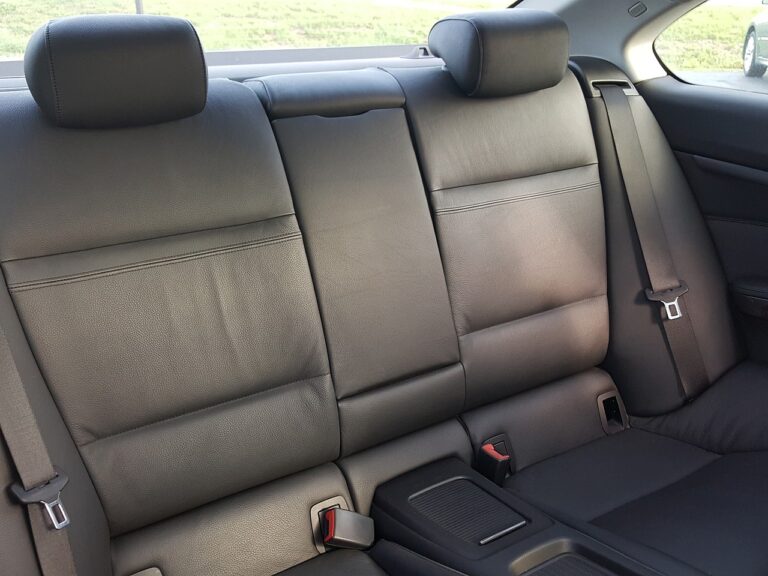The Role of Smart Sensors in Car Maintenance and Diagnostics
One of the key advancements in modern vehicles is the integration of smart sensors. These sensors play a crucial role in collecting data to enhance the overall performance and safety of the vehicle. By monitoring various parameters such as speed, temperature, pressure, and proximity, smart sensors help in providing real-time feedback and aiding the vehicle’s systems in making efficient decisions.
Moreover, smart sensors have revolutionized the driving experience by enabling features such as adaptive cruise control, automatic emergency braking, lane departure warning, and parking assist. These sensors work seamlessly together to create a safer and more convenient driving environment for both the driver and passengers. As technology continues to advance, we can expect smart sensors to play an increasingly vital role in the future of automotive innovation.
Understanding Sensor Technology in Cars
Sensor technology in cars has greatly evolved, revolutionizing the way vehicles operate and ensuring enhanced safety on the roads. These smart sensors are designed to monitor various aspects of the vehicle, such as engine performance, tire pressure, and airbag deployment, providing real-time data to the onboard computer systems.
By utilizing sensor technology, modern vehicles can detect and alert drivers to potential issues before they escalate into major problems. For example, sensors can automatically adjust braking systems to prevent skidding or apply corrective steering to keep the vehicle in the intended lane, contributing to a more secure driving experience for all road users.
What are smart sensors in modern vehicles?
Smart sensors in modern vehicles are electronic devices that collect data and monitor various components of the vehicle to ensure optimal performance and safety.
How do sensors contribute to the overall functioning of a car?
Sensors play a crucial role in providing real-time information to the car’s onboard computer system, allowing it to make necessary adjustments for efficient operation and preventing potential issues.
What are some common types of sensors found in cars?
Some common types of sensors found in cars include temperature sensors, pressure sensors, proximity sensors, speed sensors, and oxygen sensors.
How do sensors improve the safety of vehicles?
Sensors help improve vehicle safety by detecting potential hazards, such as obstacles in the vehicle’s path, monitoring tire pressure, and alerting drivers of dangerous driving conditions.
Can sensors help improve fuel efficiency in cars?
Yes, sensors can help improve fuel efficiency in cars by monitoring and adjusting engine performance, optimizing fuel consumption, and reducing emissions.
Are sensors reliable in cars?
Yes, sensors in cars are designed to be reliable and accurate, providing essential data for the proper functioning of the vehicle and ensuring a safe driving experience.





